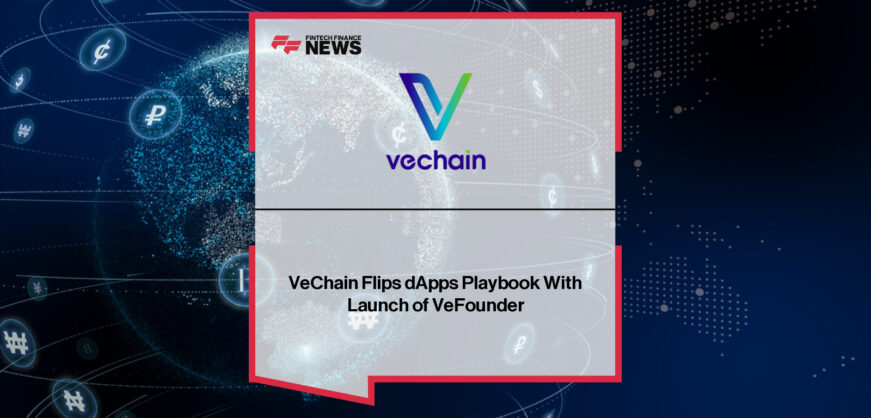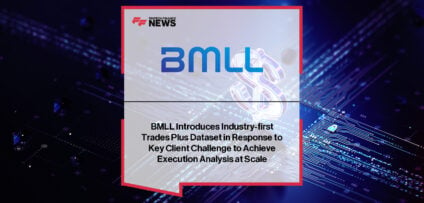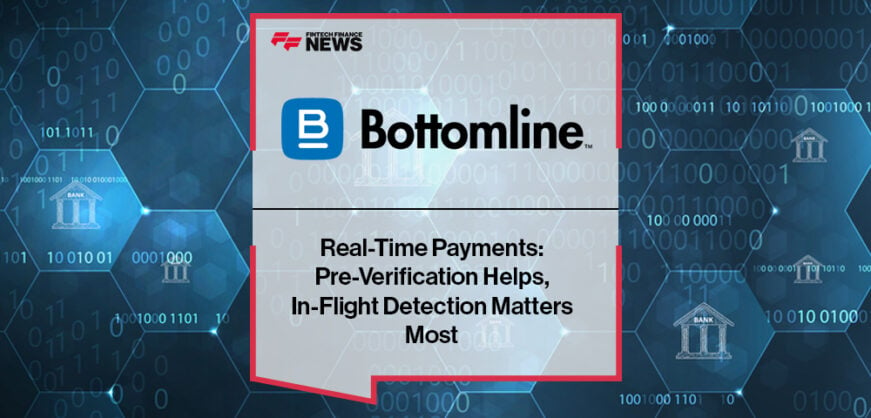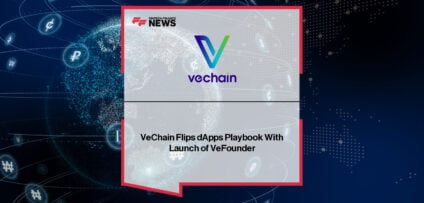Breaking News

Anti-Money Laundering Compliance costs of $83.5 Billion a Year
The study found the True Cost of AML Compliance for European financial services companies equals US$83.5 billion2 (€70.1 billion).
Chart 1: True Cost of Compliance per Study Country (US$ in Billions)
According to the surveyed professionals, labour is the most significant component of AML compliance costs, with costs scaling upwards for larger firms and expected to increase in the coming years. The main challenge financial institutions are facing is the optimisation of risk management technology, as they attribute roughly three-quarters of their overall AML compliance spend to labour and the remaining percentage to technology. KYC and AML compliance programmes in particular, which concentrate over 70% of spend, are sizeable labour components in which intelligent risk management technologies could help to optimise the time of the compliance staff, enabling them to place their focus on activities such as human investigations and other reporting tasks.
A better use of technology could also result in increased profitability, as the total labour time spent on due diligence activities can result in a slower on-boarding processes. Indeed financial institutions are hit by what is known in business as the ’80/20′ rule – according to which 80% of effects are generated by 20% of the causes – resulting in the reality that a small proportion of total clients generate the majority of the total overall spend. The study underlines that on average, due diligence can take up to 30 hours for foreign corporate clients, while only 10 new accounts are opened monthly. Nearly three-quarters of the respondents reported losing up to 4% of prospective customers because of friction during onboarding, and felt that this could be due to procedural inefficiencies with their AML compliance structure.
The majority of financial institutions surveyed believe that changing their AML compliance procedurescould lead to better management of customer relationships and risk management. This demonstrates that financial institutions in Europe, including banks and insurance players, have a strong understanding of AML initiatives and costs not only as a simple legal requirement but also as a strategic tool to grow and protect their businesses in an increasingly competitive market.
Thomas C. Brown, senior vice president, U.S. Commercial Markets and Global Market Development, LexisNexis Risk Solutions commented: “The workload of compliance teams in Europe is only getting heavier, with many jurisdictions reporting an upswing in false-positive alerts, which is perhaps a direct result of an evolving regulatory environment. Our new European study indicates that the cost burden of these higher AML requirements will create challenges for financial sector players and oblige many to streamline the way they work to create a more harmonious and effective balance between labour and technology. The good news from this LexisNexis Risk Solutions study is that most of the survey respondents are aware of the significant benefits in terms of client onboarding and corporate reputation that an operationally efficient AML compliance team can bring, which suggests banks will be better placed to help lending in the real economy in the coming years and ensure that Europe’s economies become more aligned in terms of financial transparency.”
- Real-Time Payments: Pre-Verification Helps, In-Flight Detection Matters Most | Part 6 | Bottomline Read more
- VeChain Flips dApps Playbook With Launch of VeFounder Read more
- BMLL Introduces Industry-first Trades Plus Dataset in Response to Key Client Challenge to Achieve Execution Analysis at Scale Read more
- Octopus Money Onboards New AI Assistants: Harry, Ron and Hermione Read more
- Revolut Adds Pay by Bank Option to Their Payment Gateway Read more












